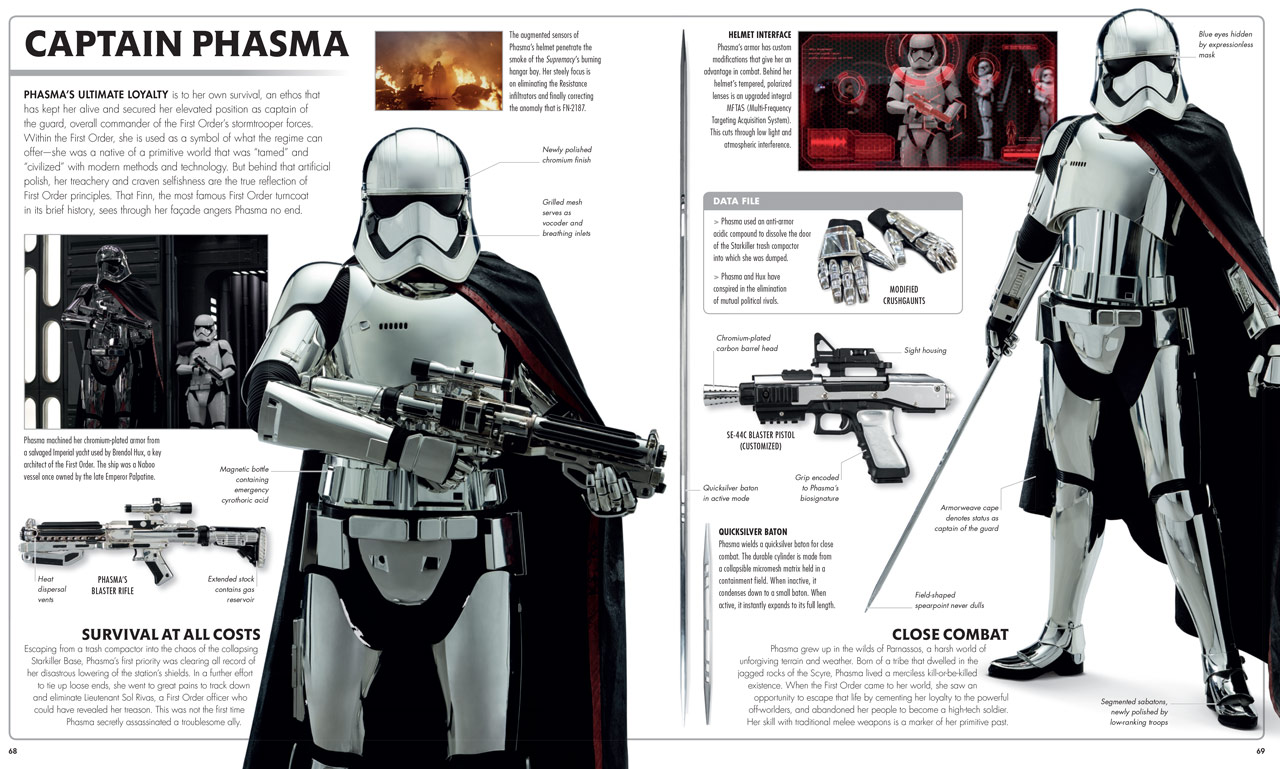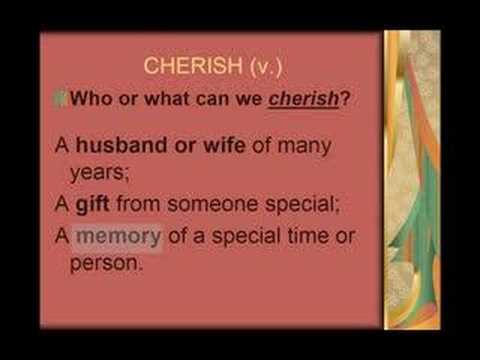

Students who are deficient in vocabulary face numerous obstacles, including having much lower reading comprehension.Even more surprisingly, Cunningham and Stanovich (1997) find that first-grade students’ vocabulary knowledge predicts their reading comprehension level much later, in the eleventh grade. Kindergarten students’ word knowledge predicts reading comprehension in second grade (Catts, Fey, Zhang, & Tomblin, 1999 Roth, Speece, & Cooper, 2002), and this persists through fourth grade (Wagner, Muse, & Tannenbaum, 2007). Word knowledge is key for reading comprehension.When older students know the meaning of specific words and are able to put related words together during a unit of study, they can connect to new content more readily and remember more (Marzano & Simms, 2013). Conceptual understanding, along with both general and specific word knowledge, impacts learning at every age level, starting with oral language development in preschool. A rich vocabulary supports content knowledge in all disciplines.This is supported by decades of research:


I’ve been an educator for 36 years, and if there’s one thing I think every educator can agree on, it’s that increasing the number of words our students know is a good thing.


 0 kommentar(er)
0 kommentar(er)
